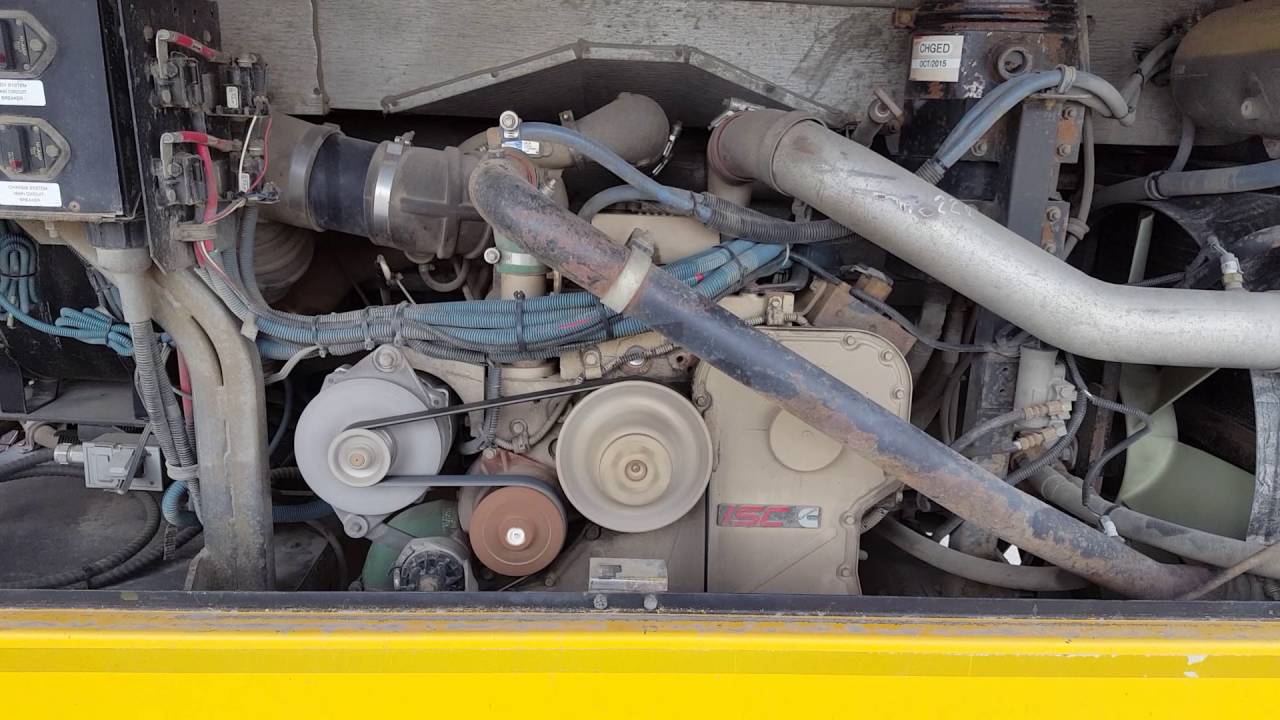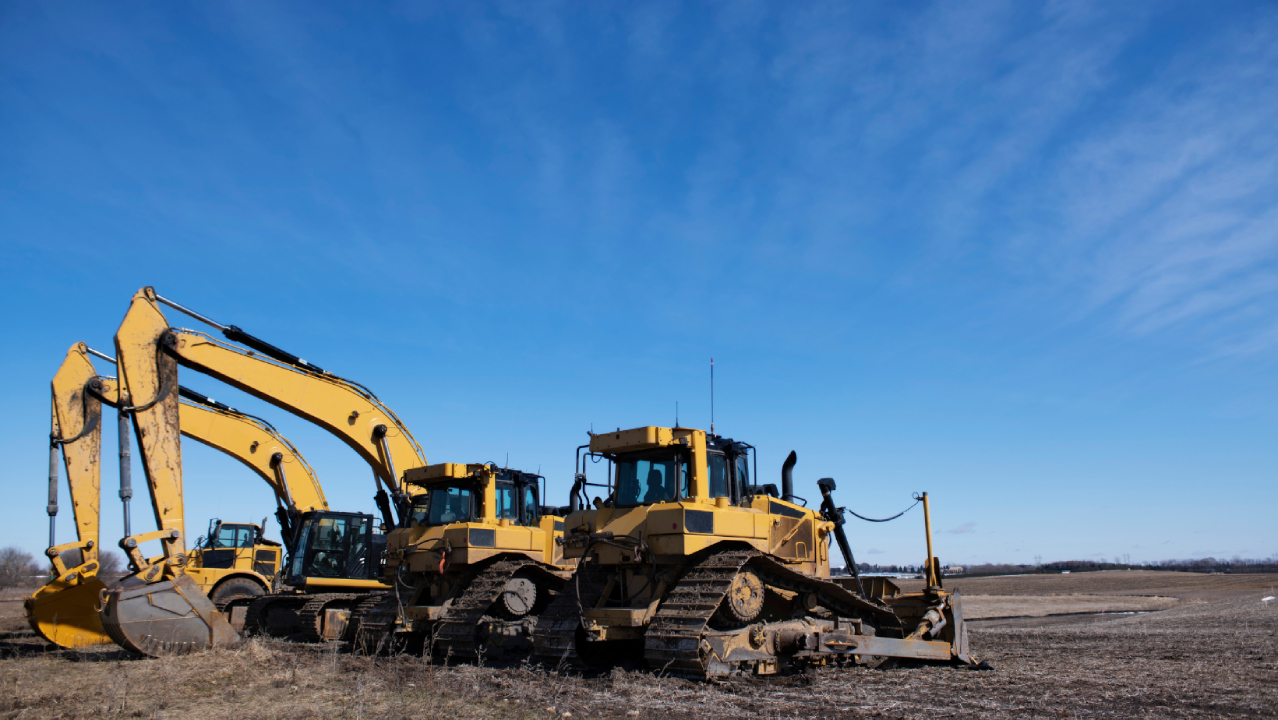The ever important running check on our fleet of buses is never compromised after a repair or checking out a complaint. This means a basic visual and listening session. The road test might tell the story under certain conditions if there is a noise or power complaint. It will also show fluid leaks if any.
In this case the driver said the ‘water in fuel light’ was illuminated on the dash on the way back to the yard along with a lumpy running engine. The video shows no problems so we have to wait until they develop. Water in fuel isn’t a major issue if it’s just a tablespoon collecting in the bottom of the fuel filter.
The fuel water separator has a sensor that sends a message to the engine control unit if there is in fact water accumulating in the filter. This is a good option to have on a diesel engine since water does not lubricate well so if it got into the fuel injection system there would be major damage to very expensive components.
We had an incident once where a fuel tank needed to be drained off from a bus being sold so one of our guys grabbed a 45 gallon drum from the yard and used it to collect the diesel fuel. Some time later we dumped this saved fuel to another bus on a regular run. Soon after the water in fuel light came on and after some checking we realized the barrel used to scavenge the diesel fuel originally had water in it.
This turned a simple dump and fill to save fuel into a major operation. We drained the 370 liter fuel tank completely and refilled with clean fuel along with diesel fuel additive. The water and fuel light still came on for about a week but eventually it went away thanks to the fuel additive. A losing proposition from the start costing more time and money than we bargained for.
The Cummins ISC in the video is running nicely so we will monitor it and see what happens at the beginning of the week. The driver will be our reporter if the light comes on again. You can’t fix something if there is no failure otherwise you need to make a very good guess at what the problem could be. If there was an epidemic of water in fuel problems throughout the fleet the first logical thing to do would be dipping the bulk diesel tank for water contamination. Luckily that has never happened.
If it’s just one engine acting up then the sensor on the filter might be at fault or there may be some entrance point that water is getting into the fuel system. This is good old logic at work and it’s proven to help us get a lot of issues fixed properly without breaking the bank or I should say budget.







